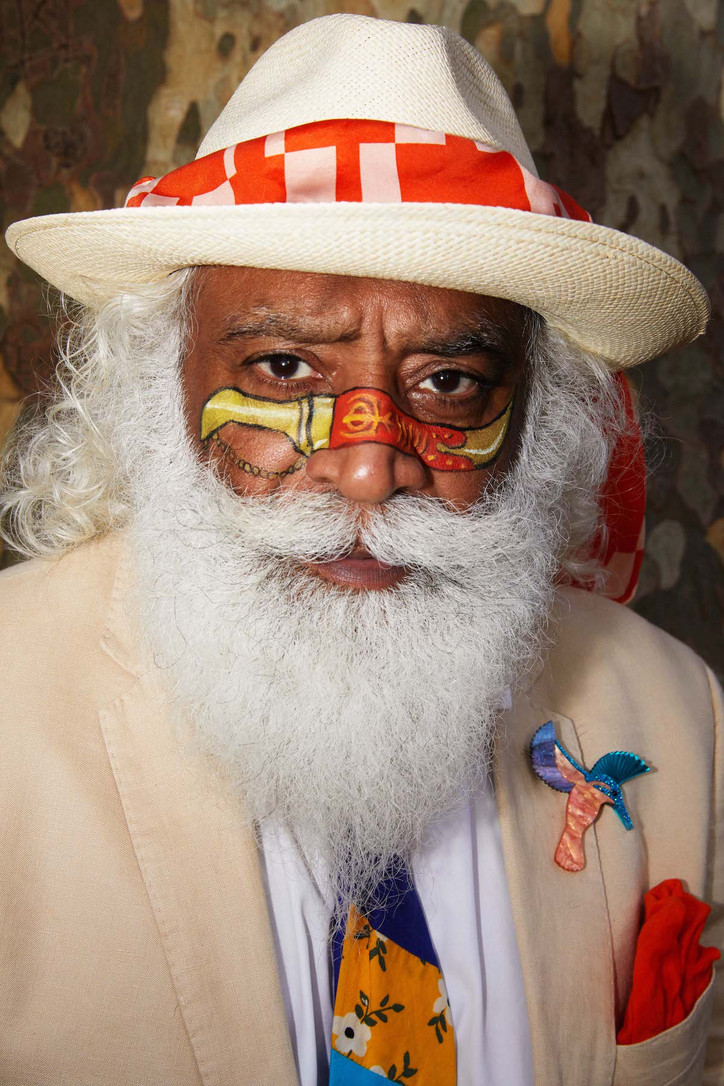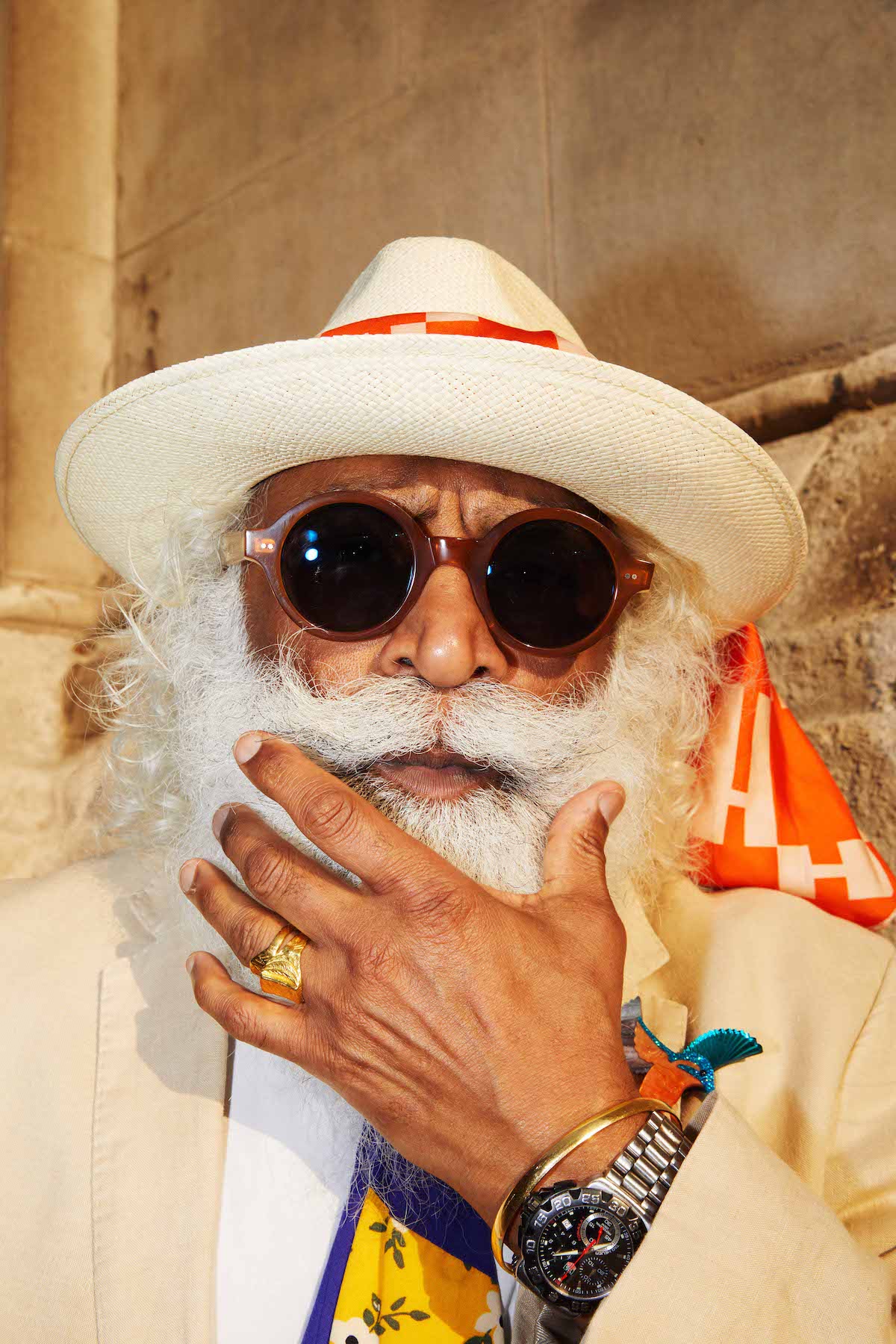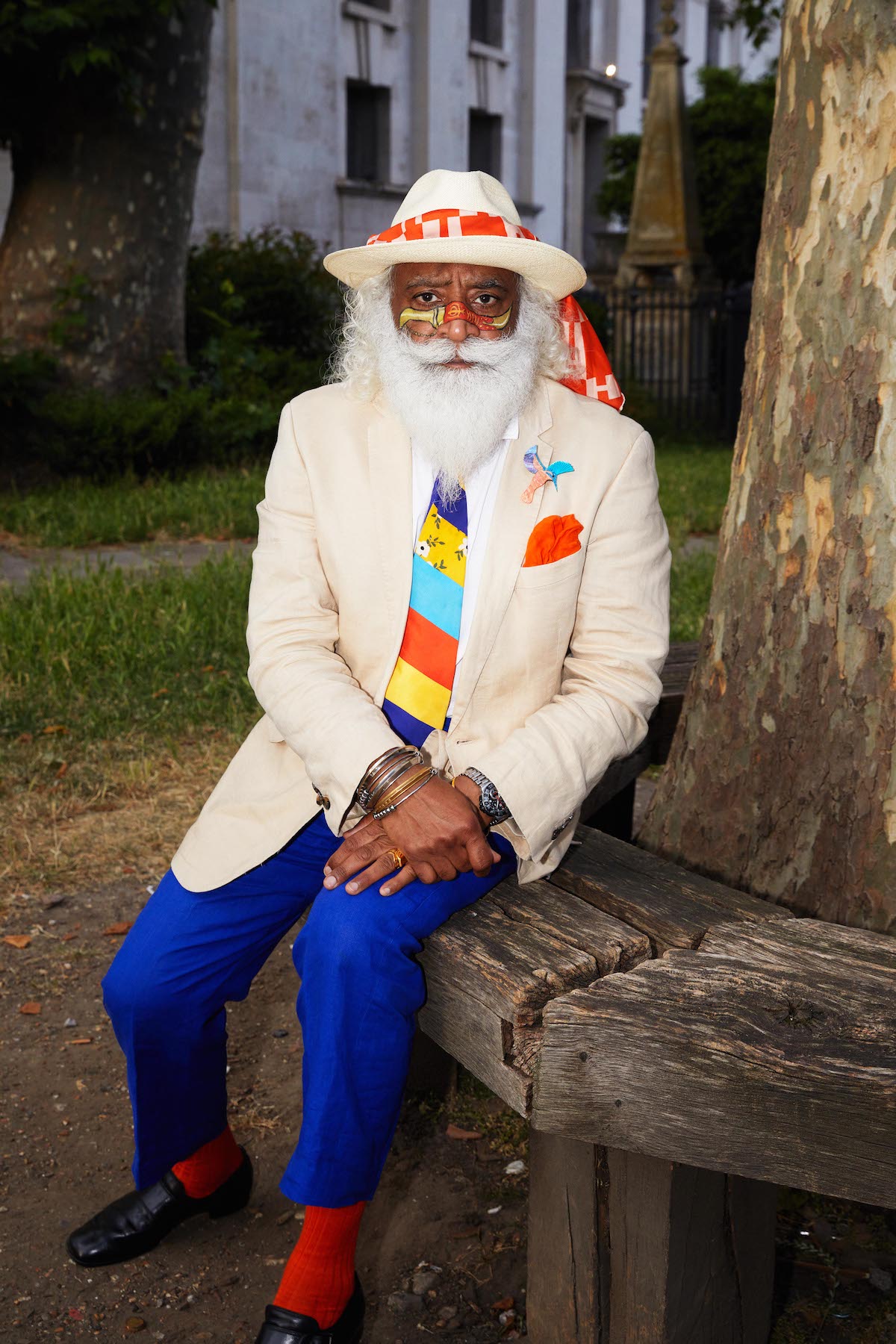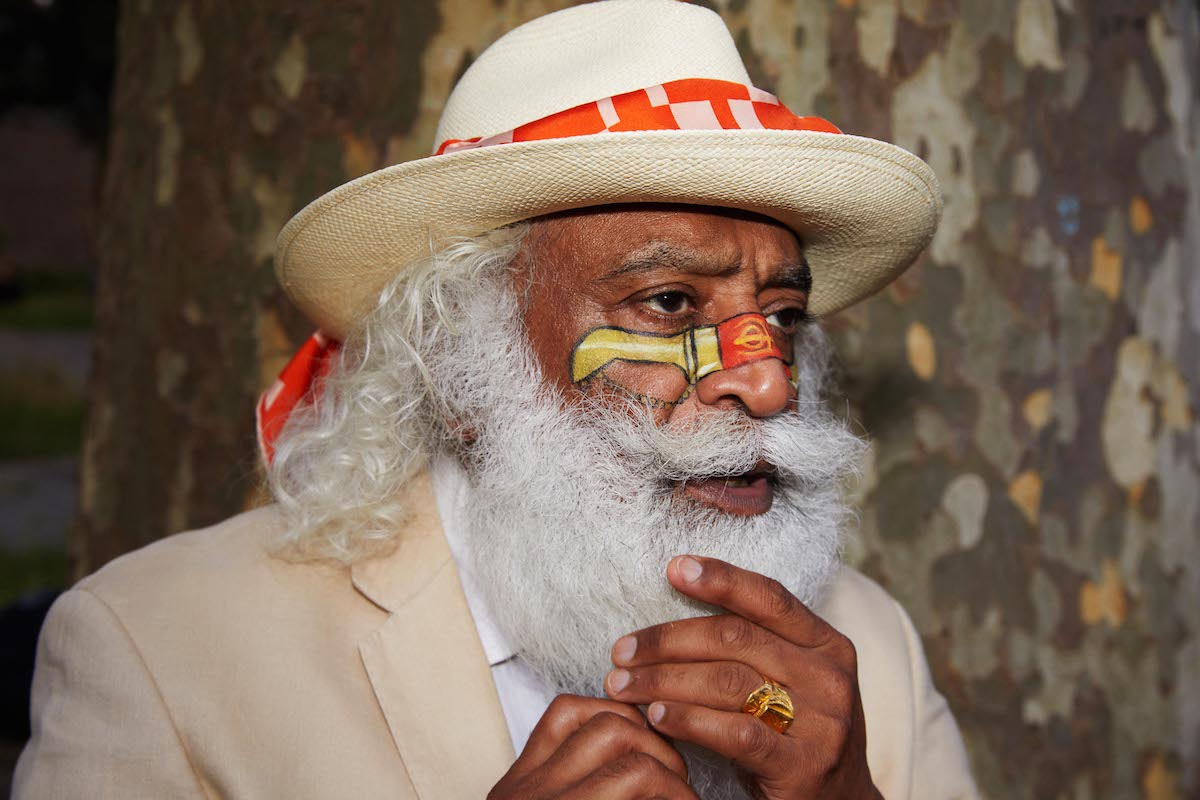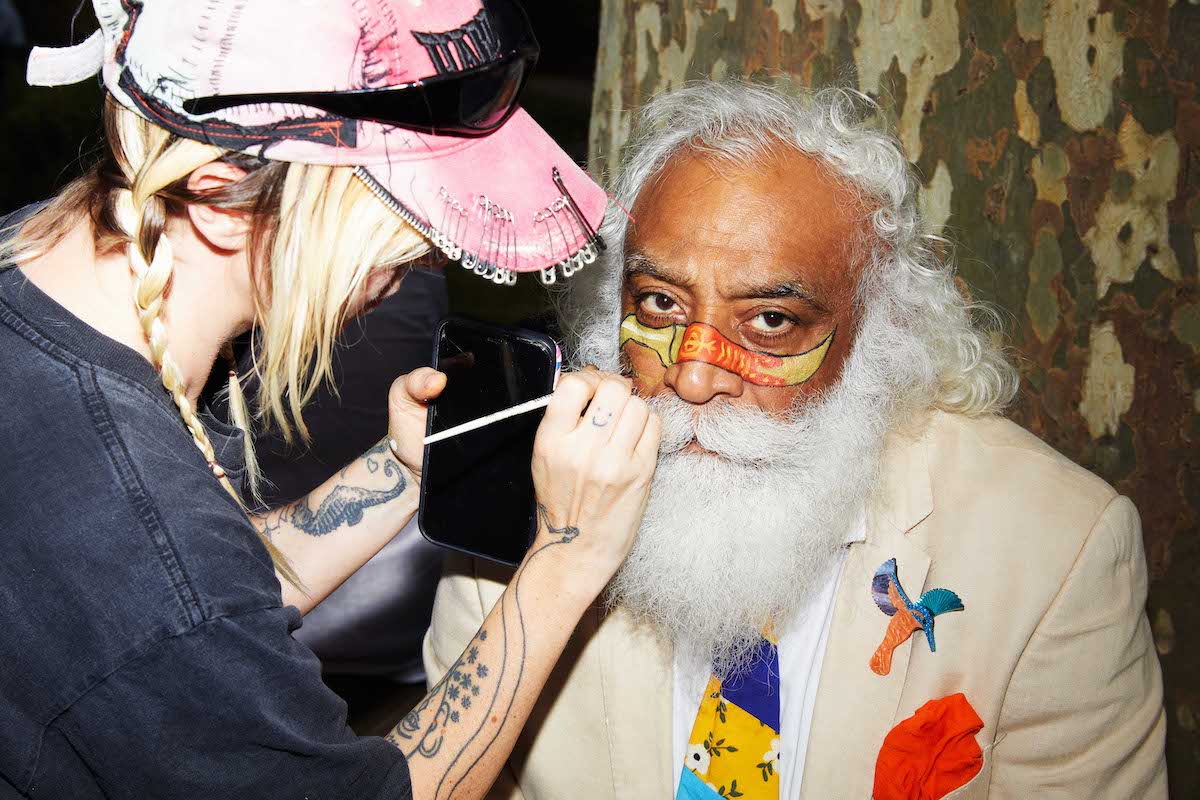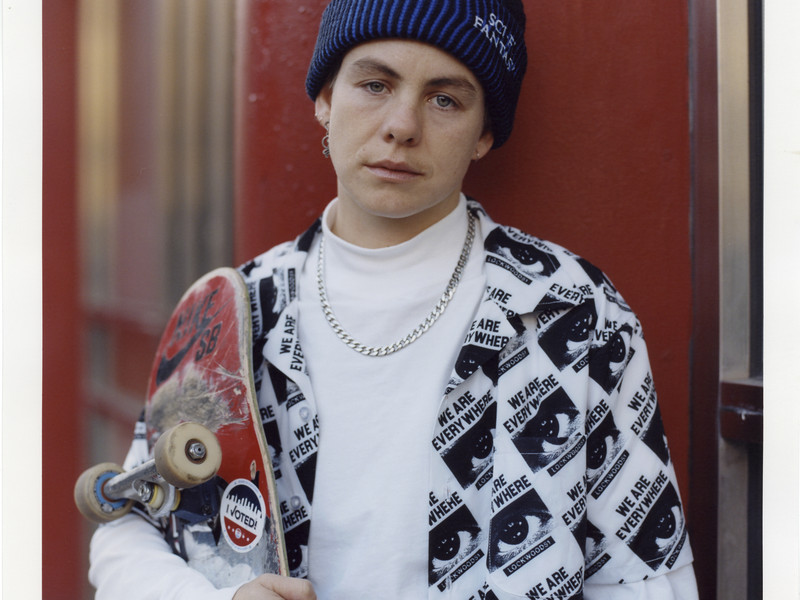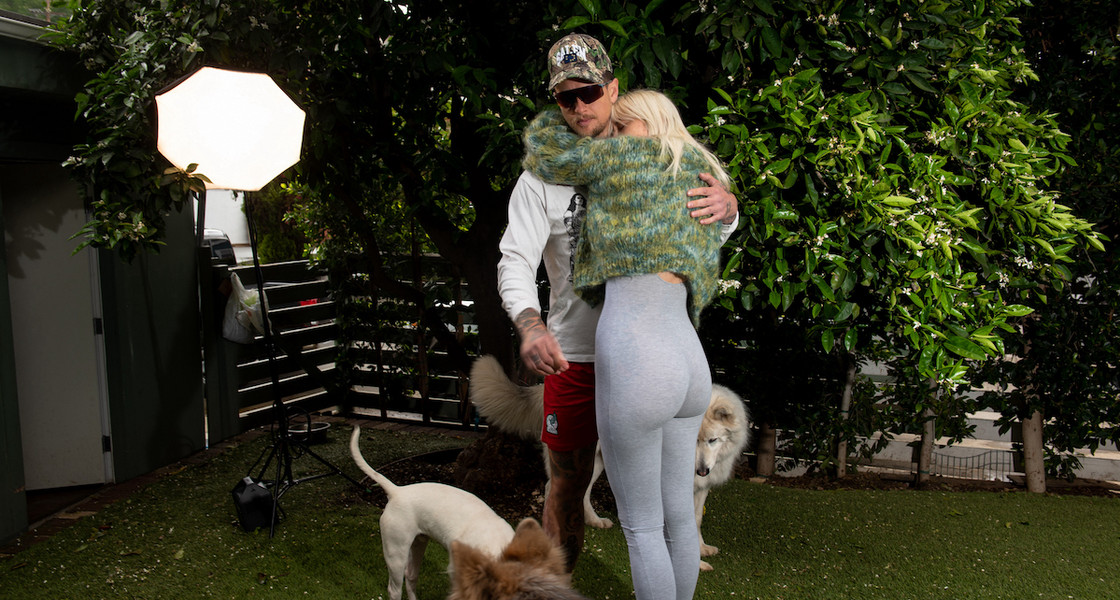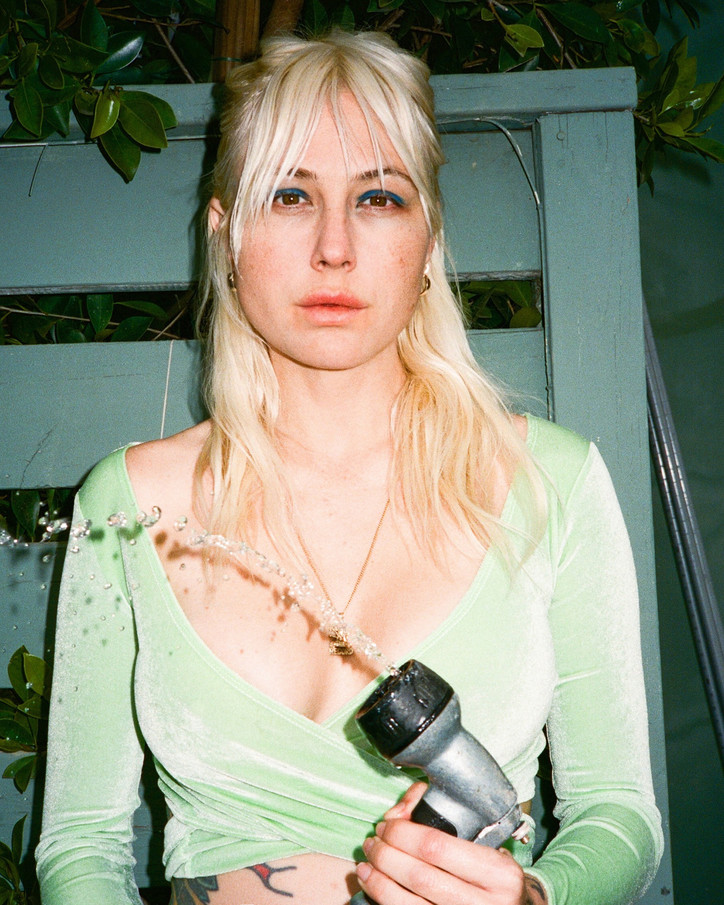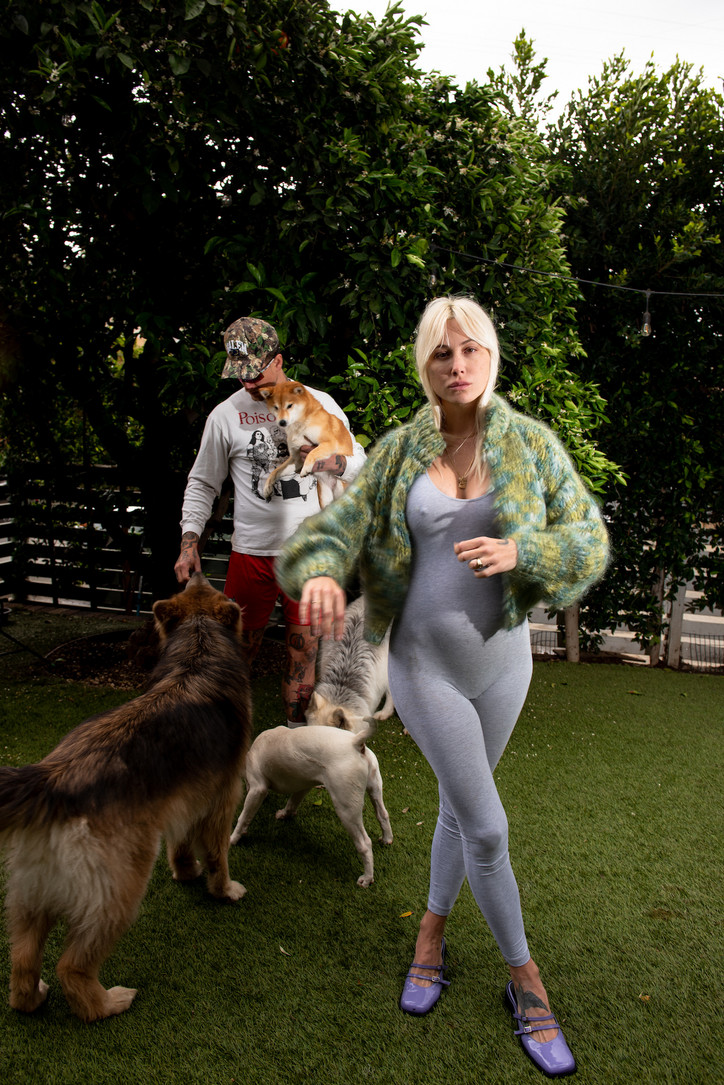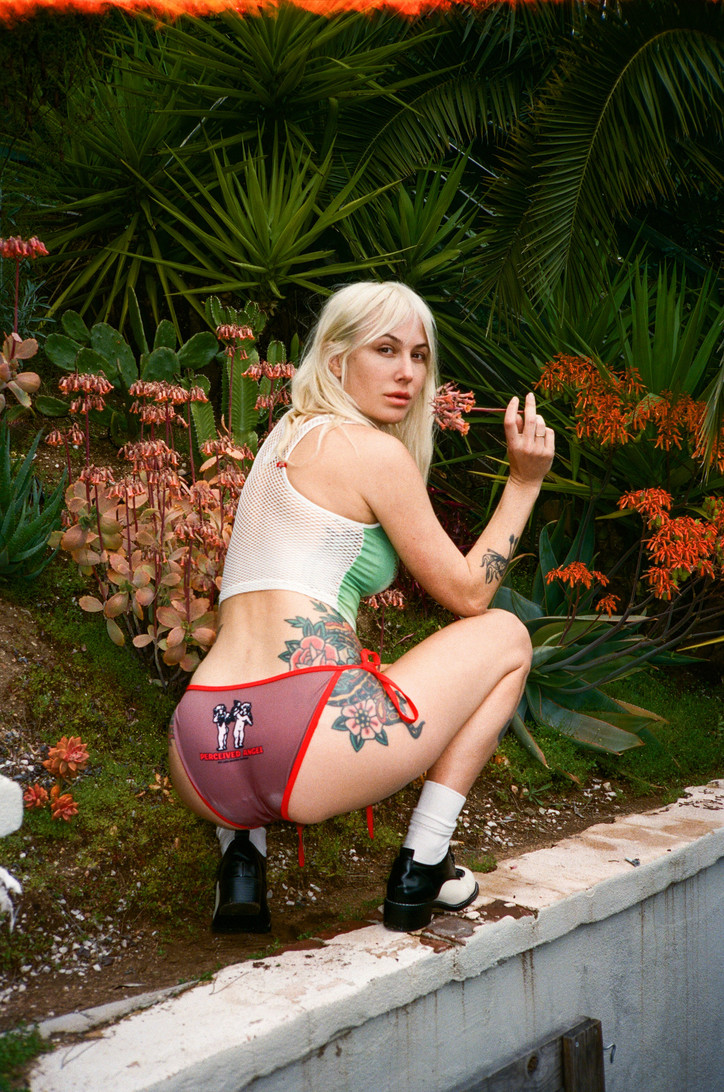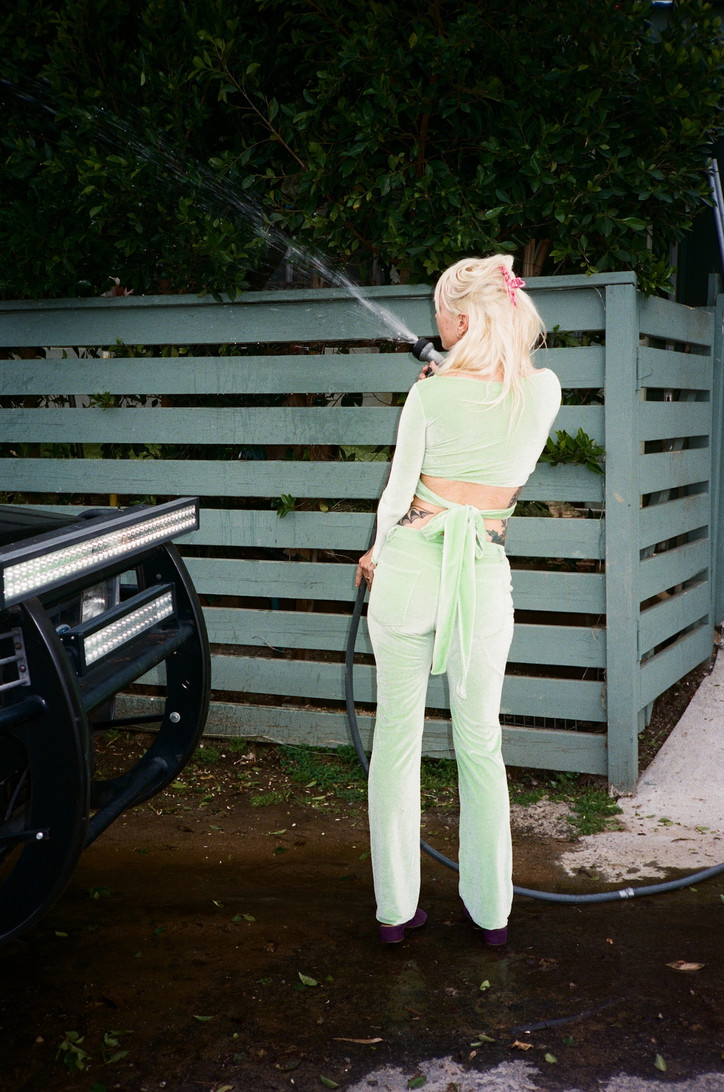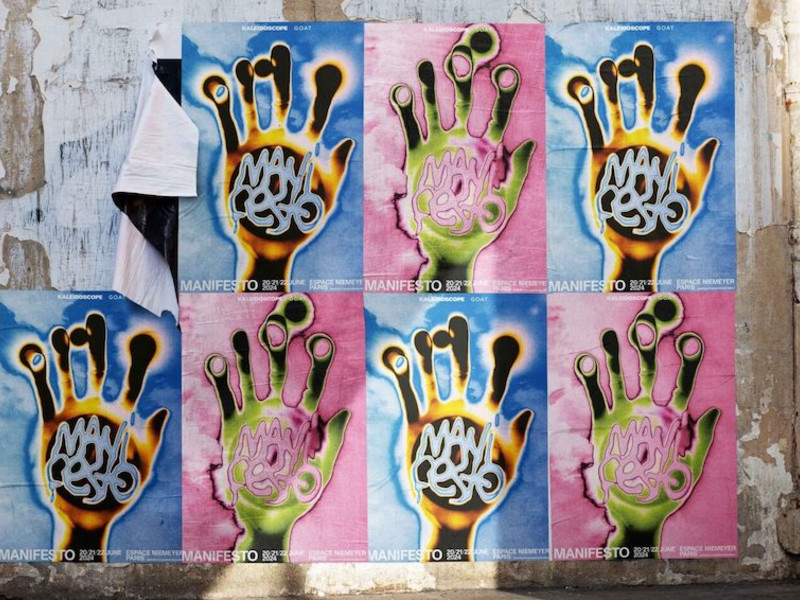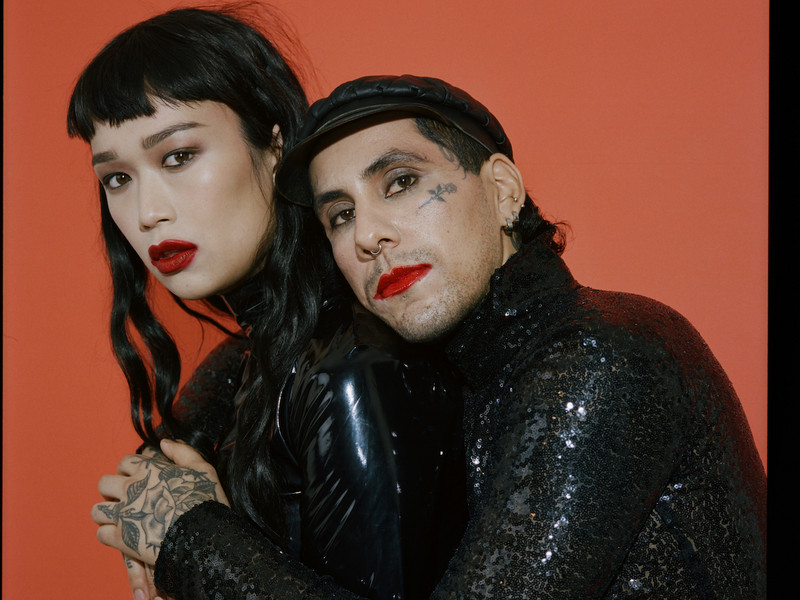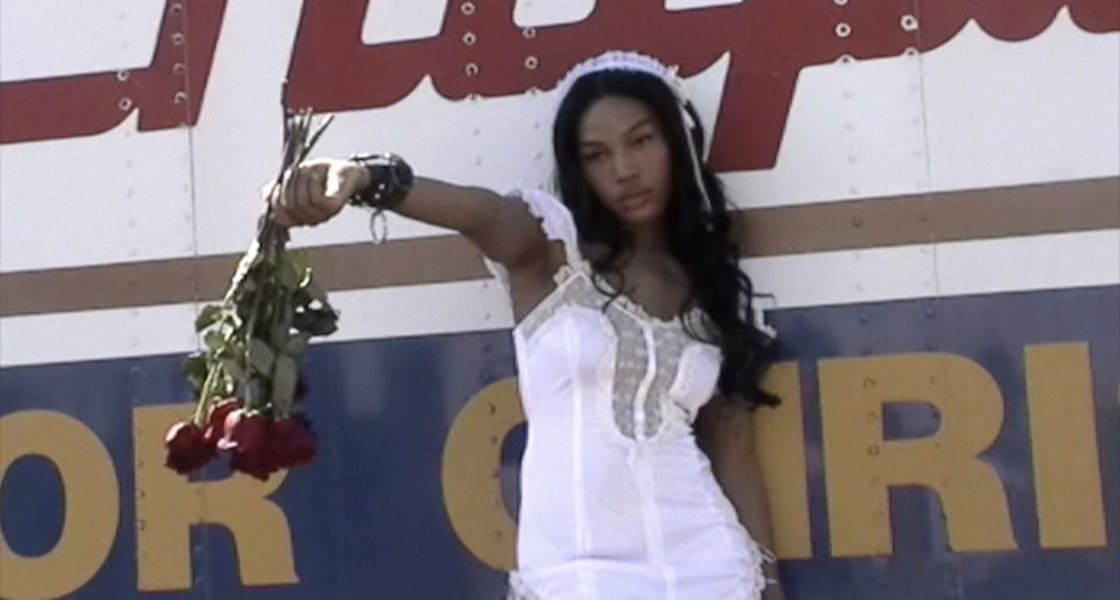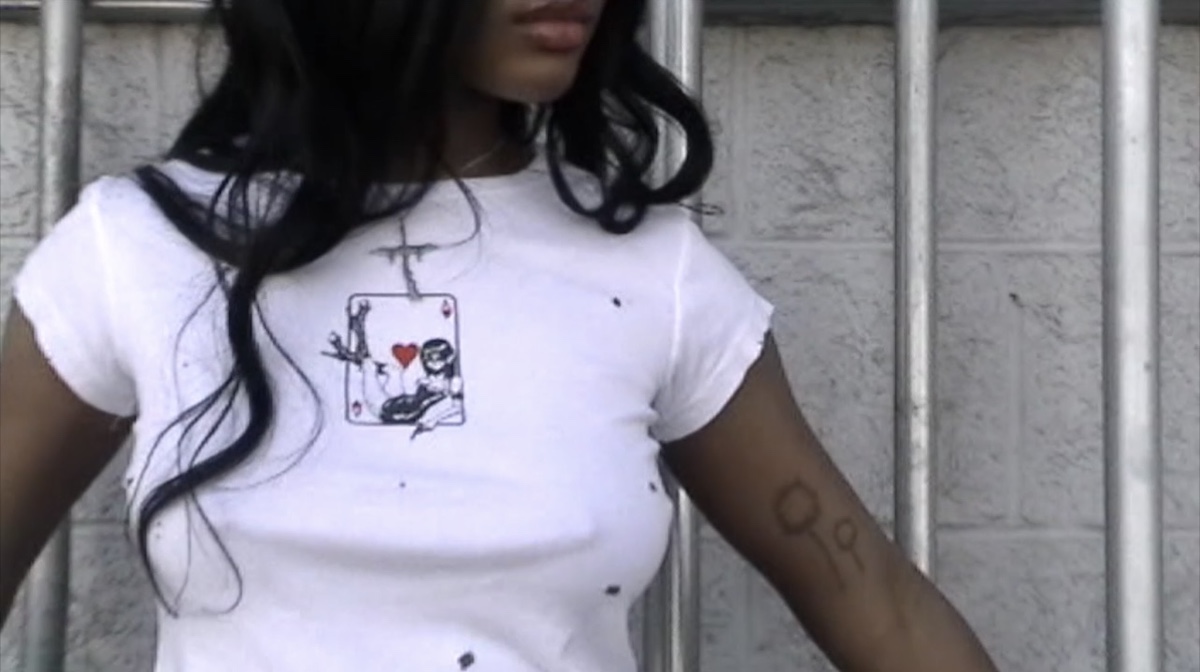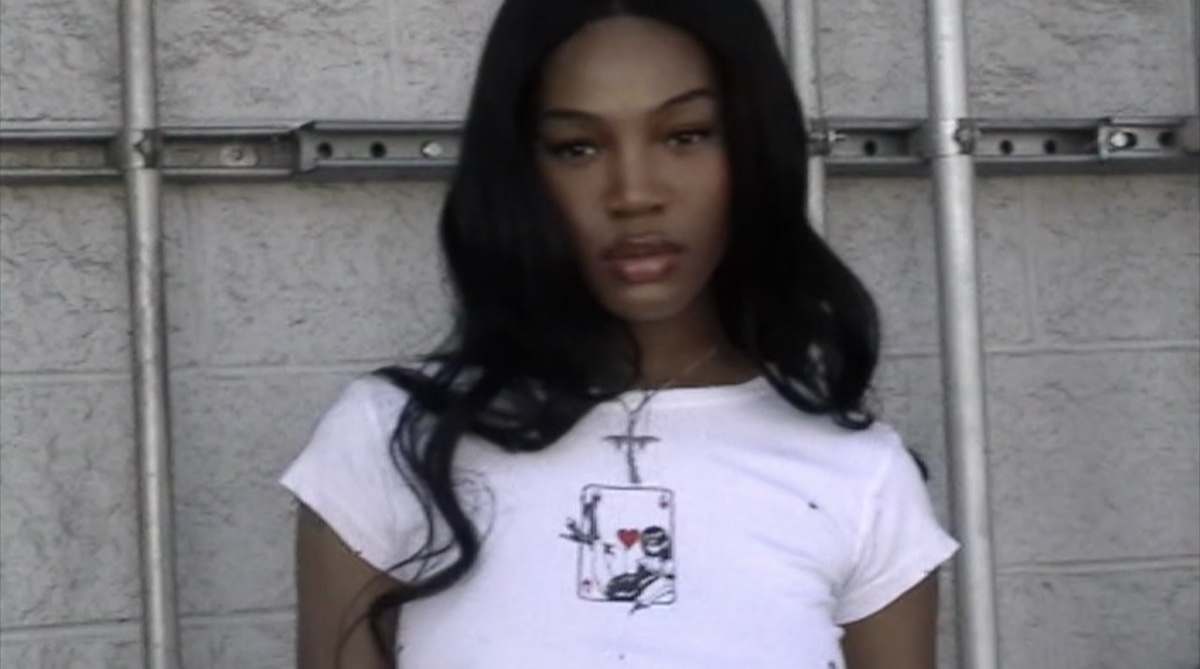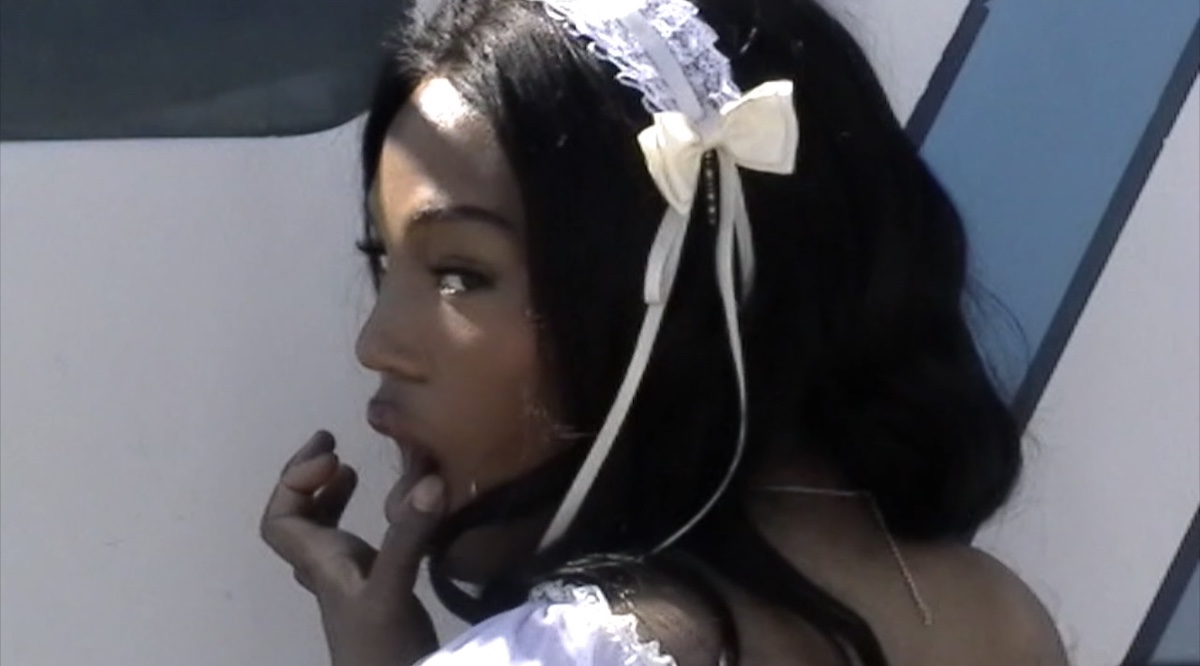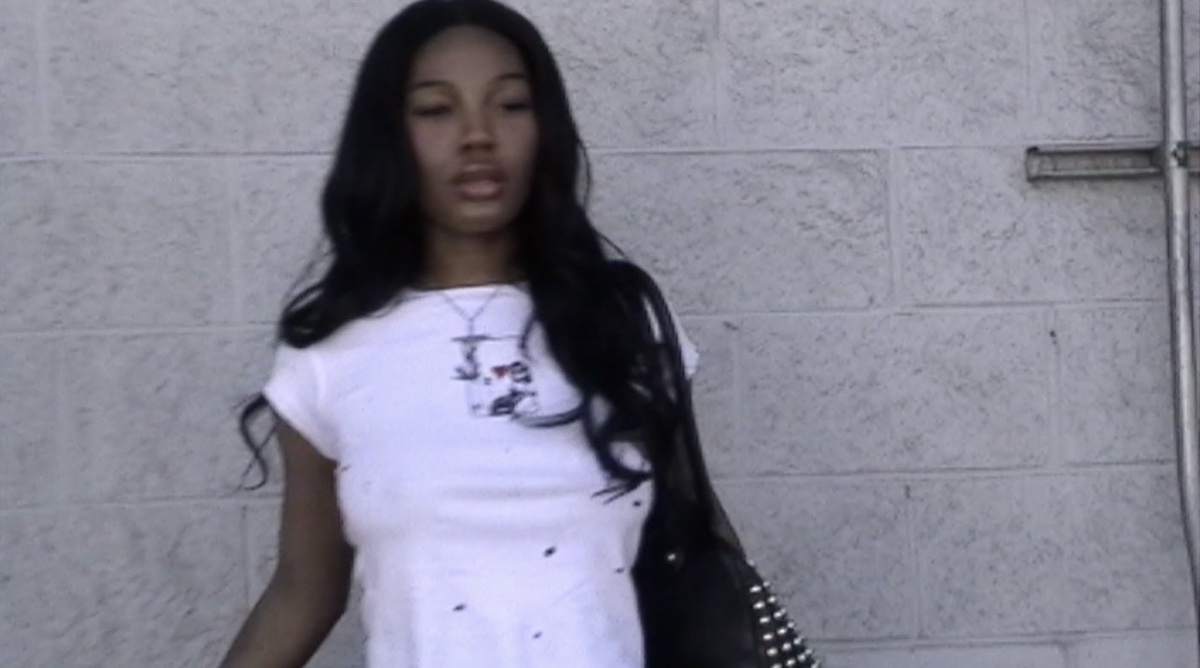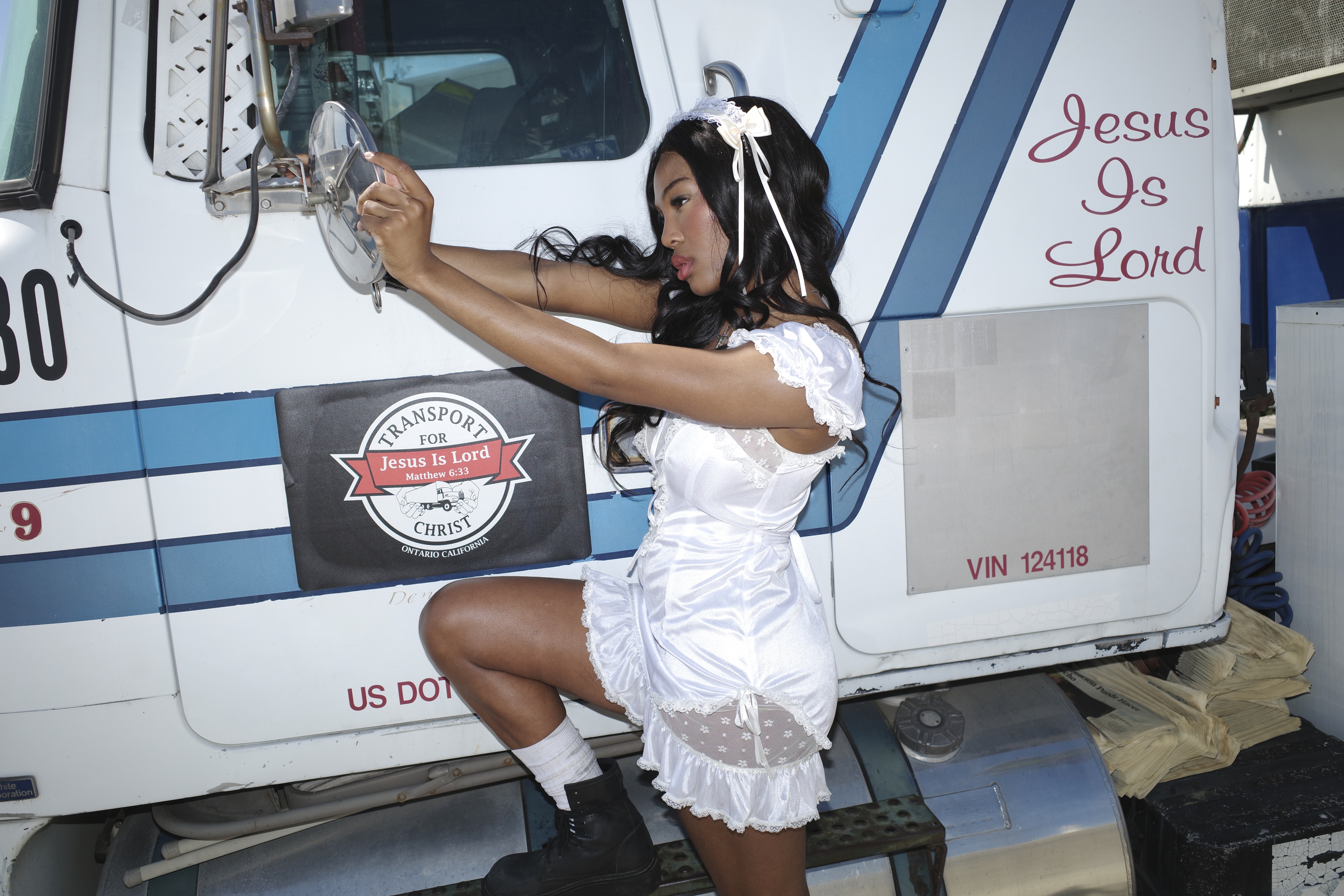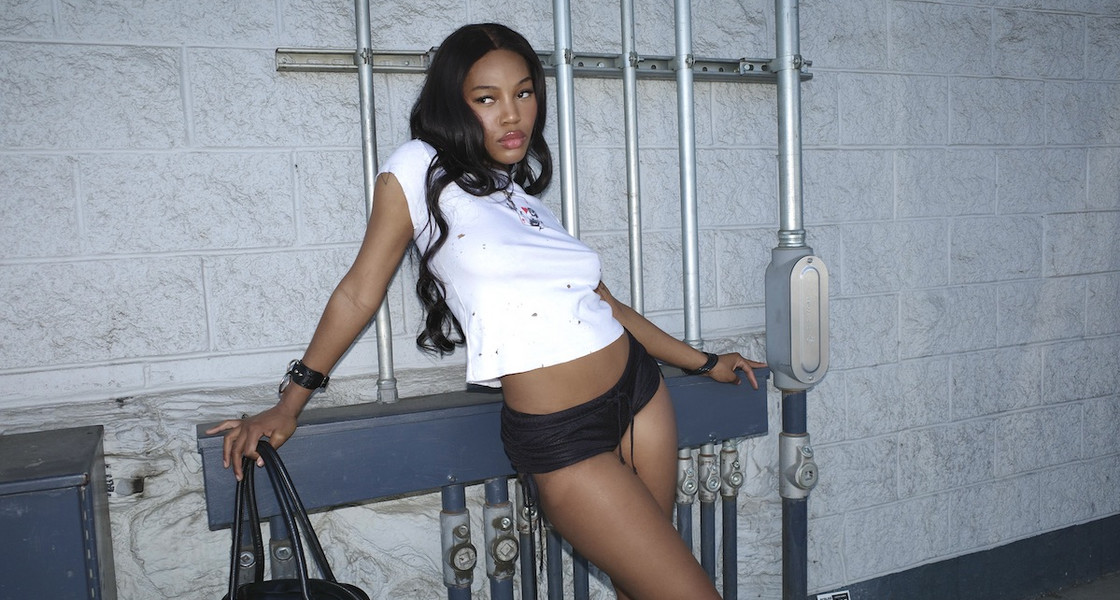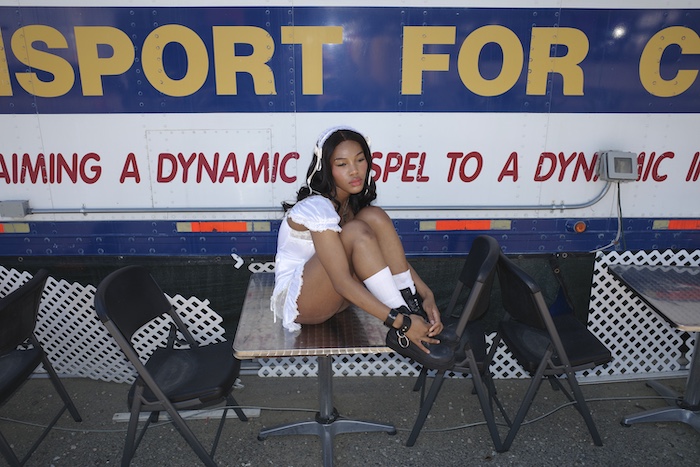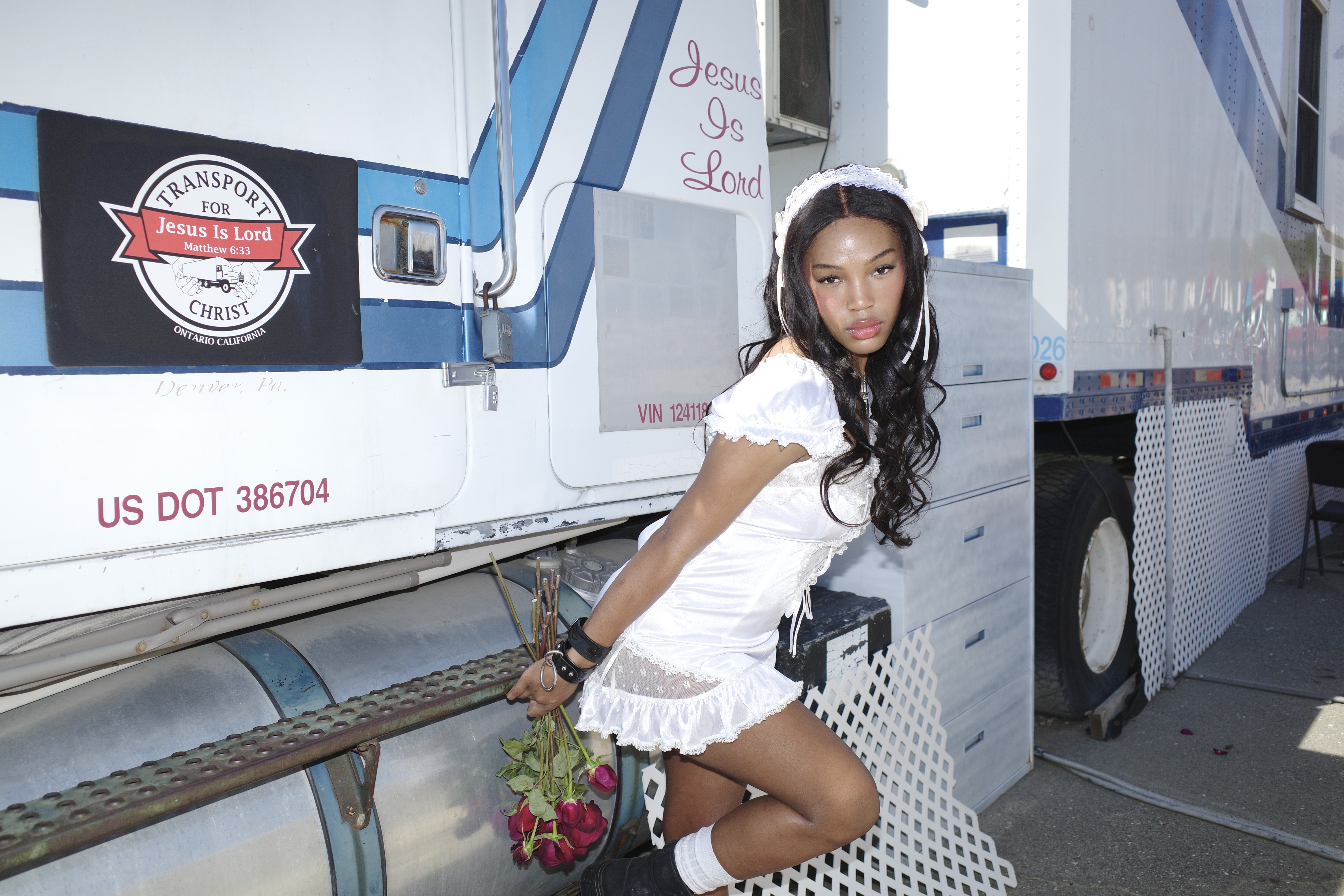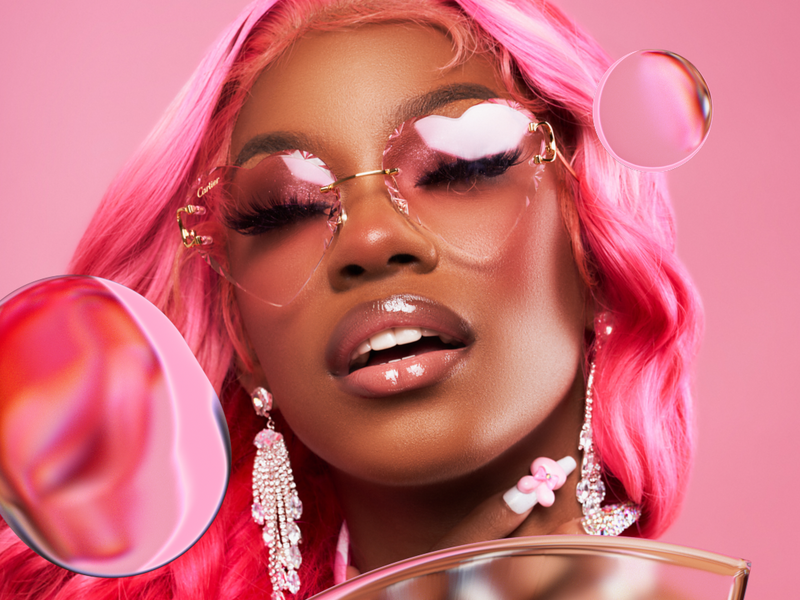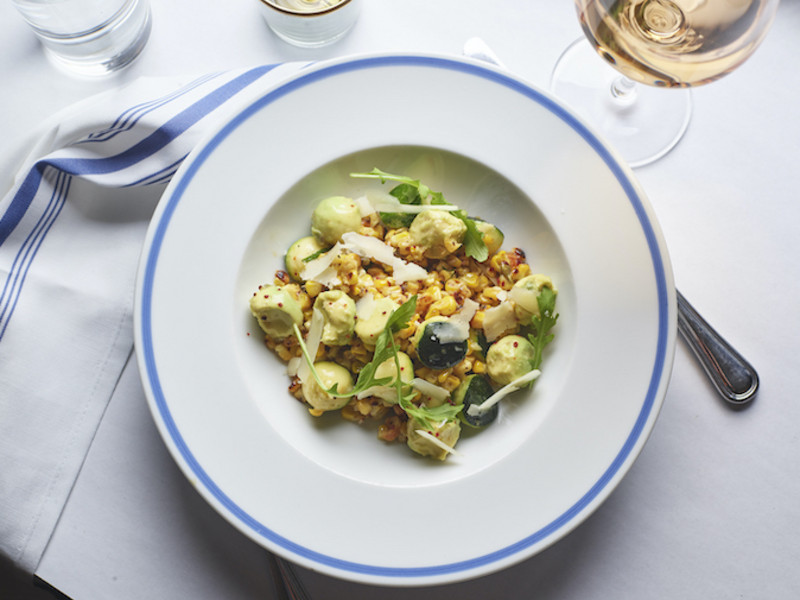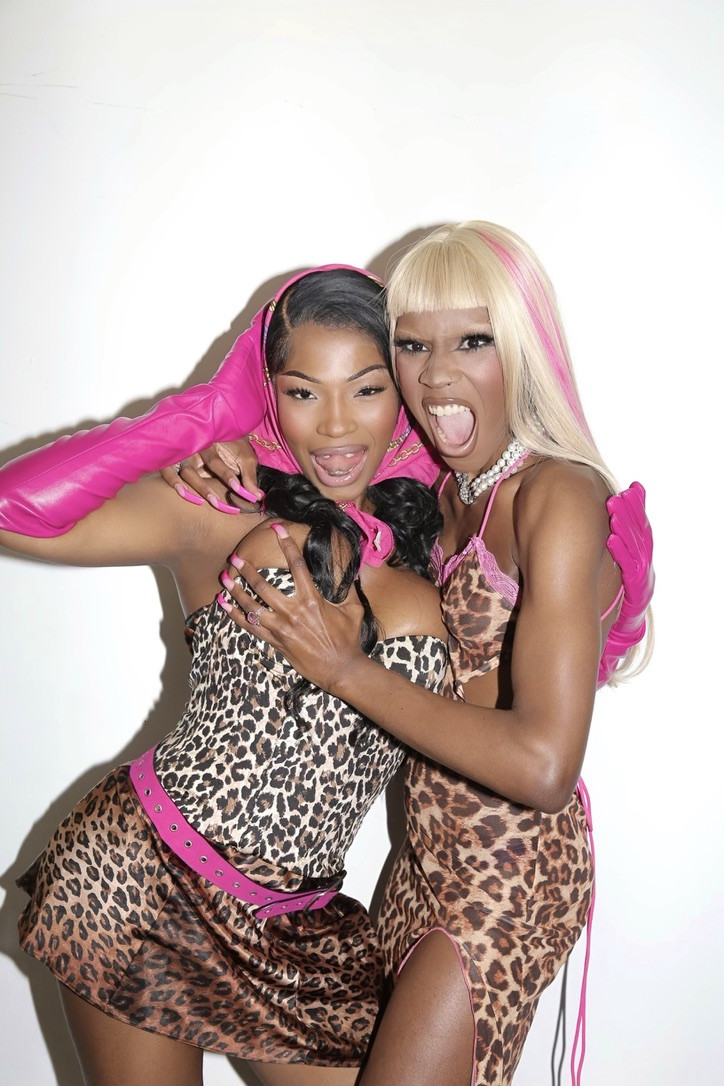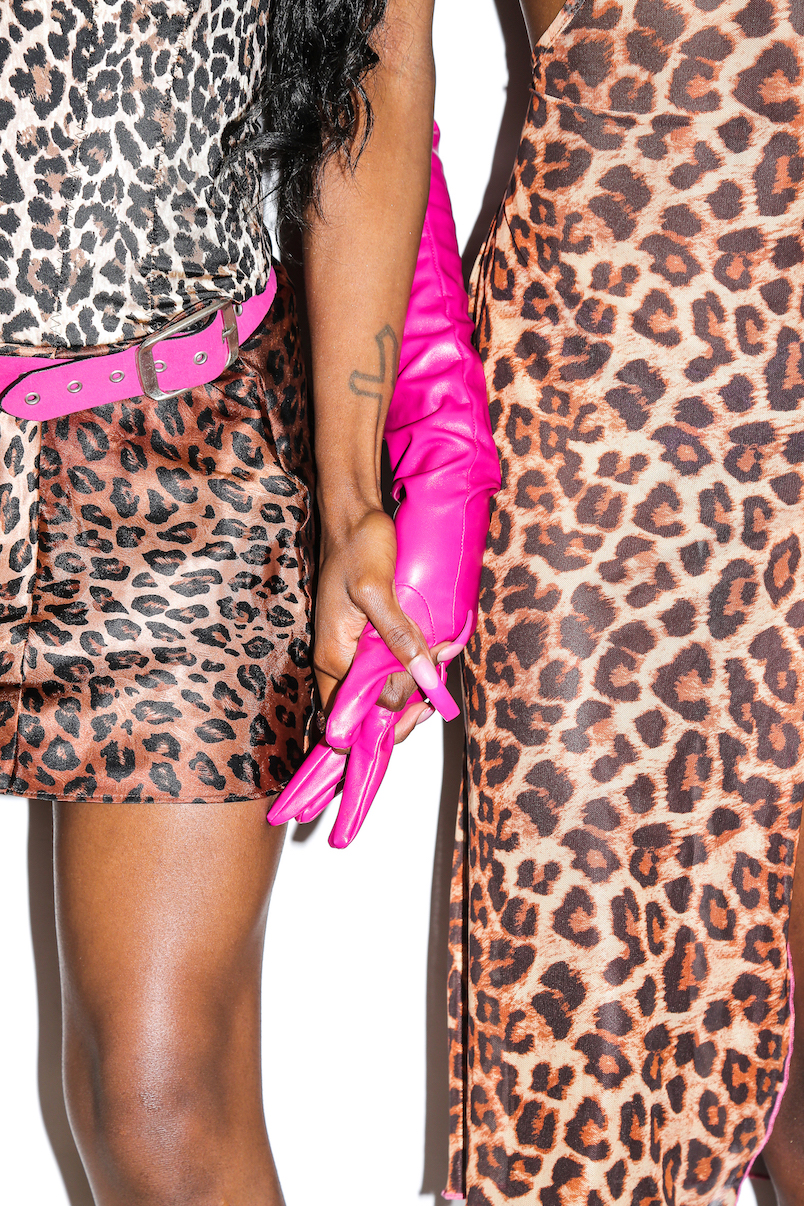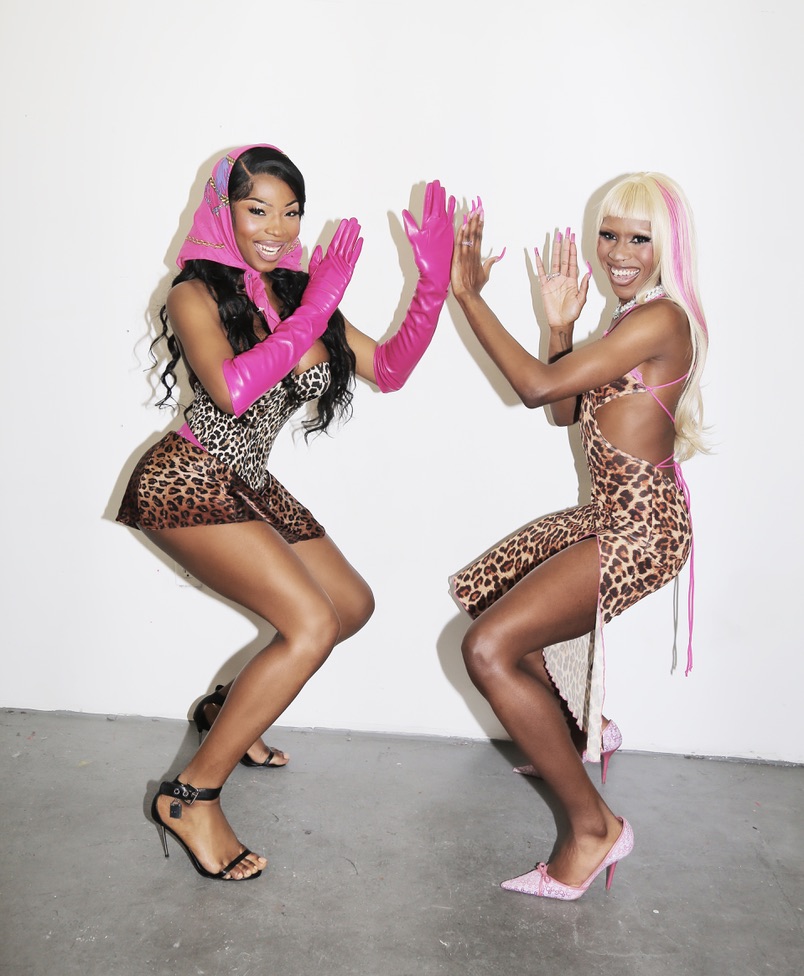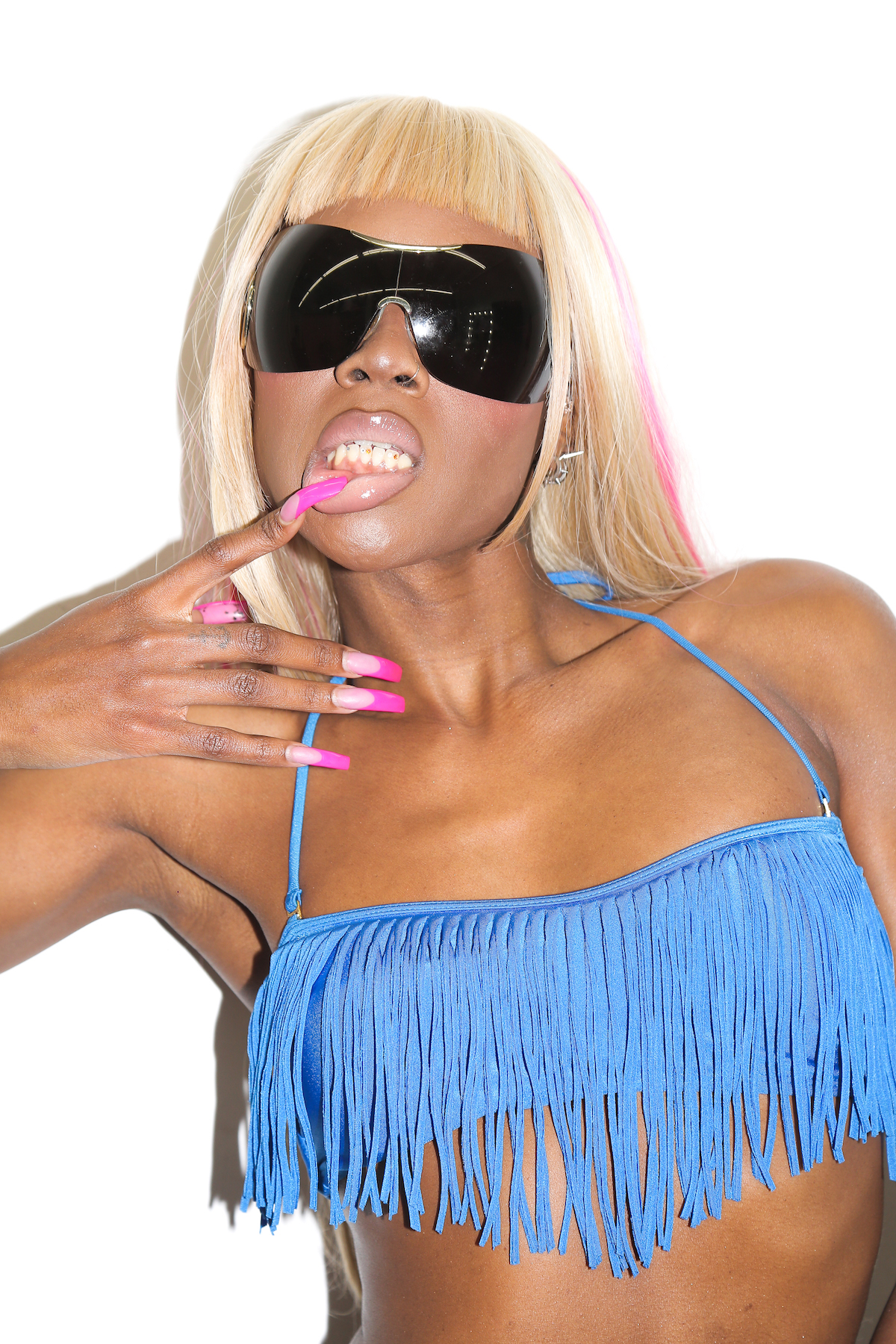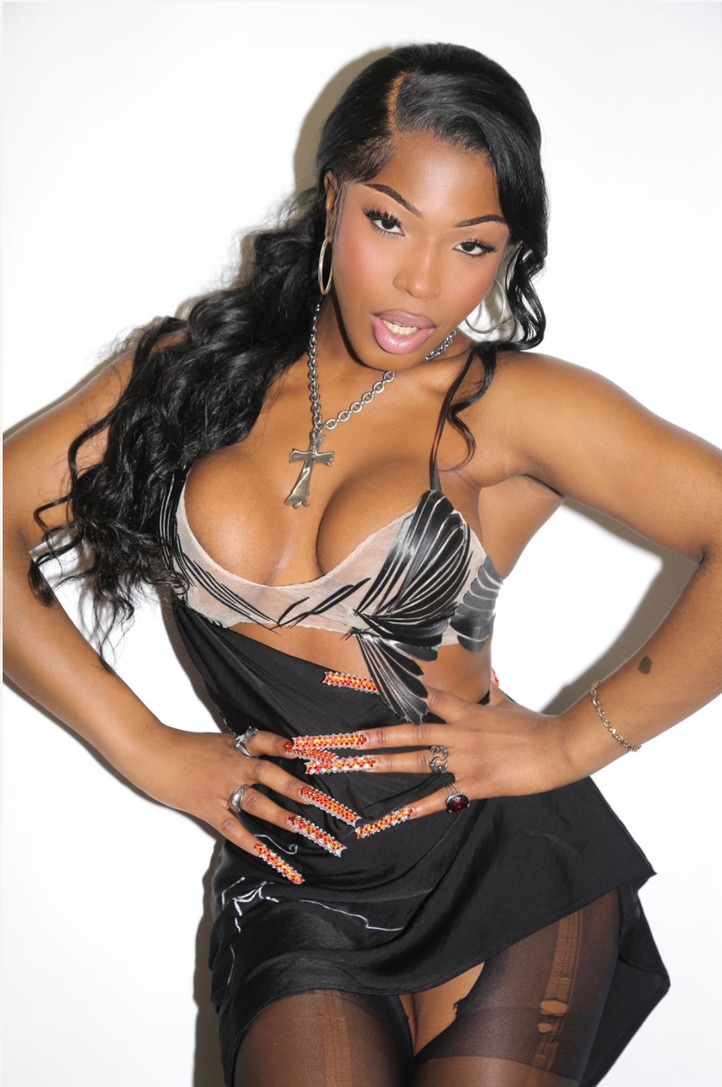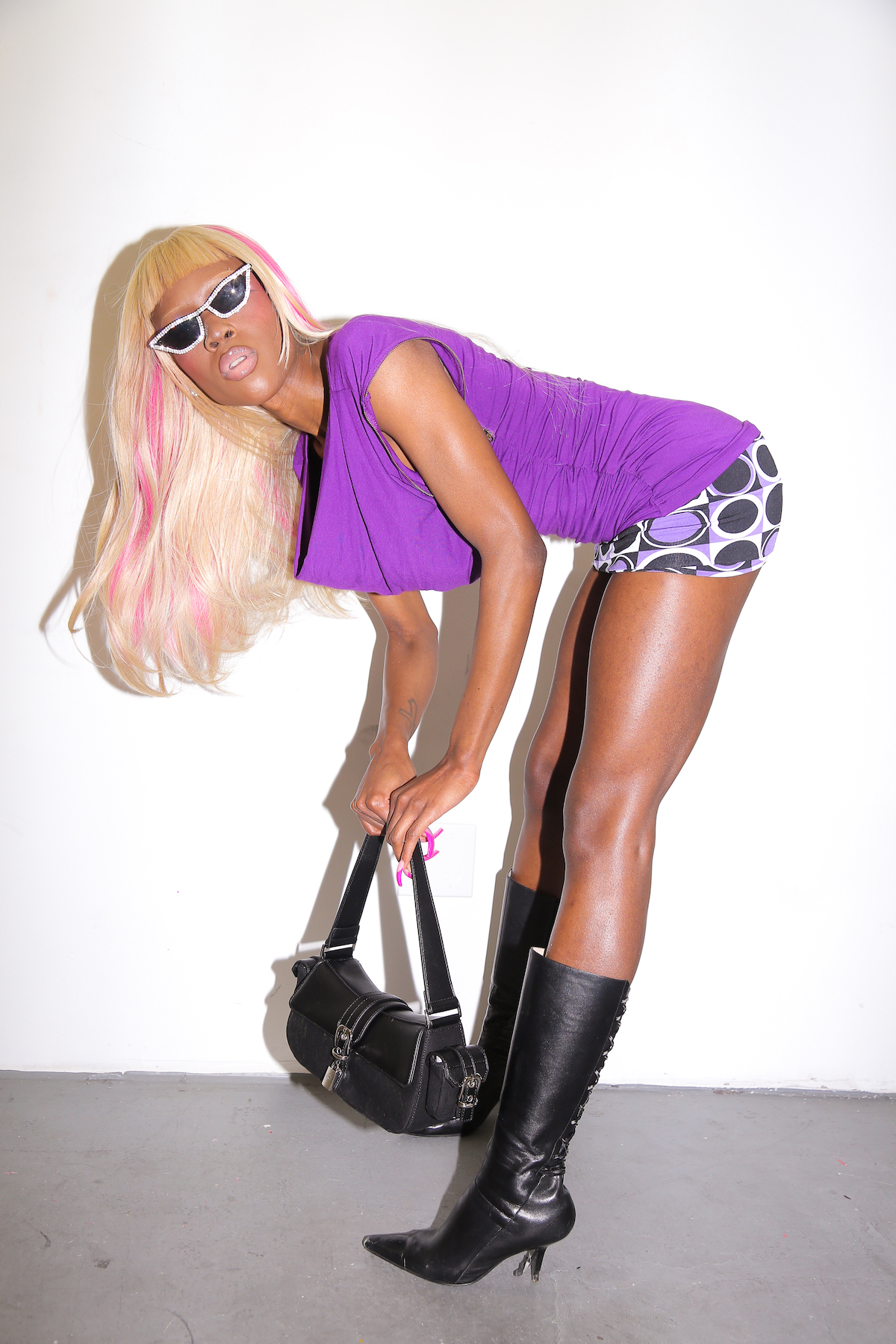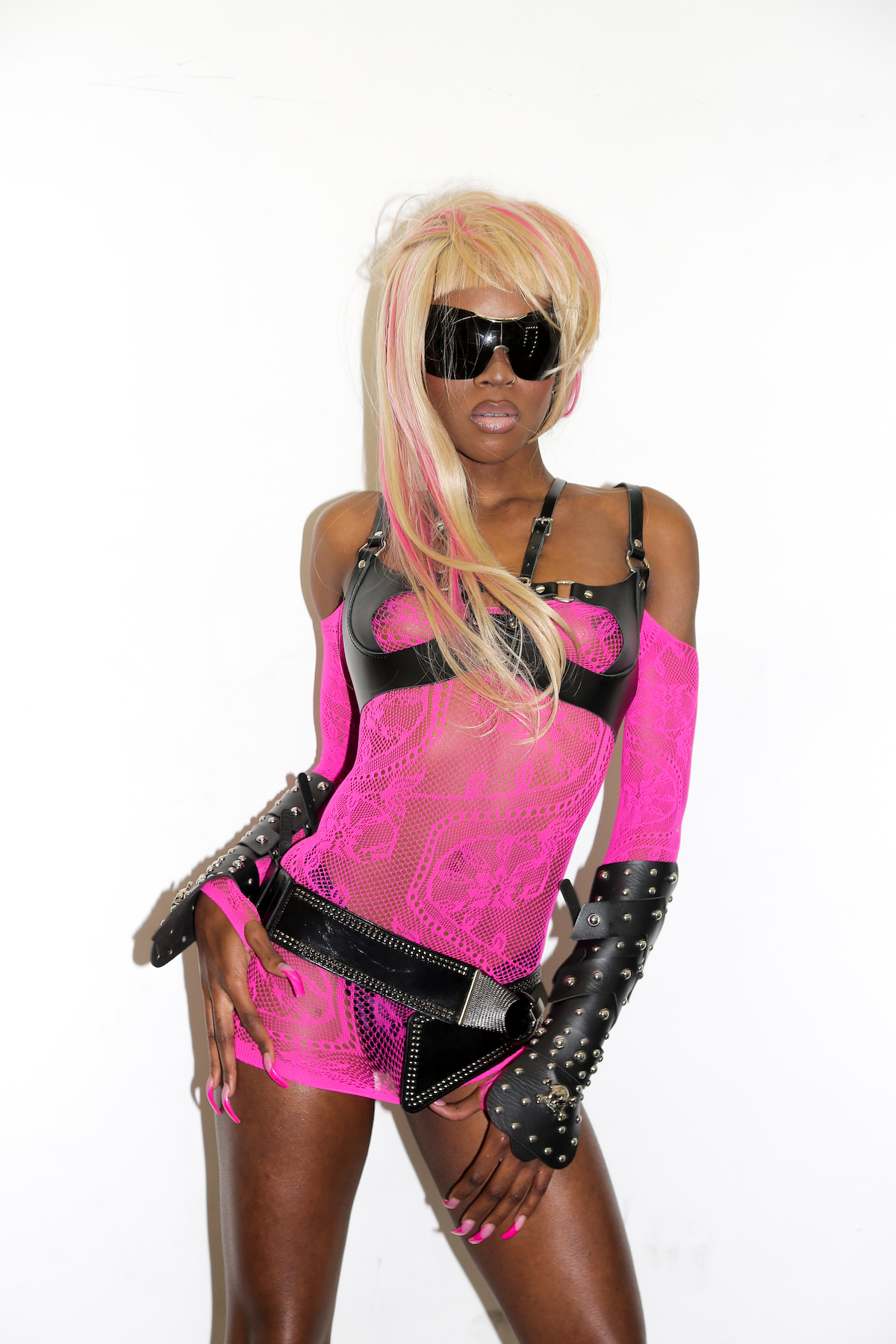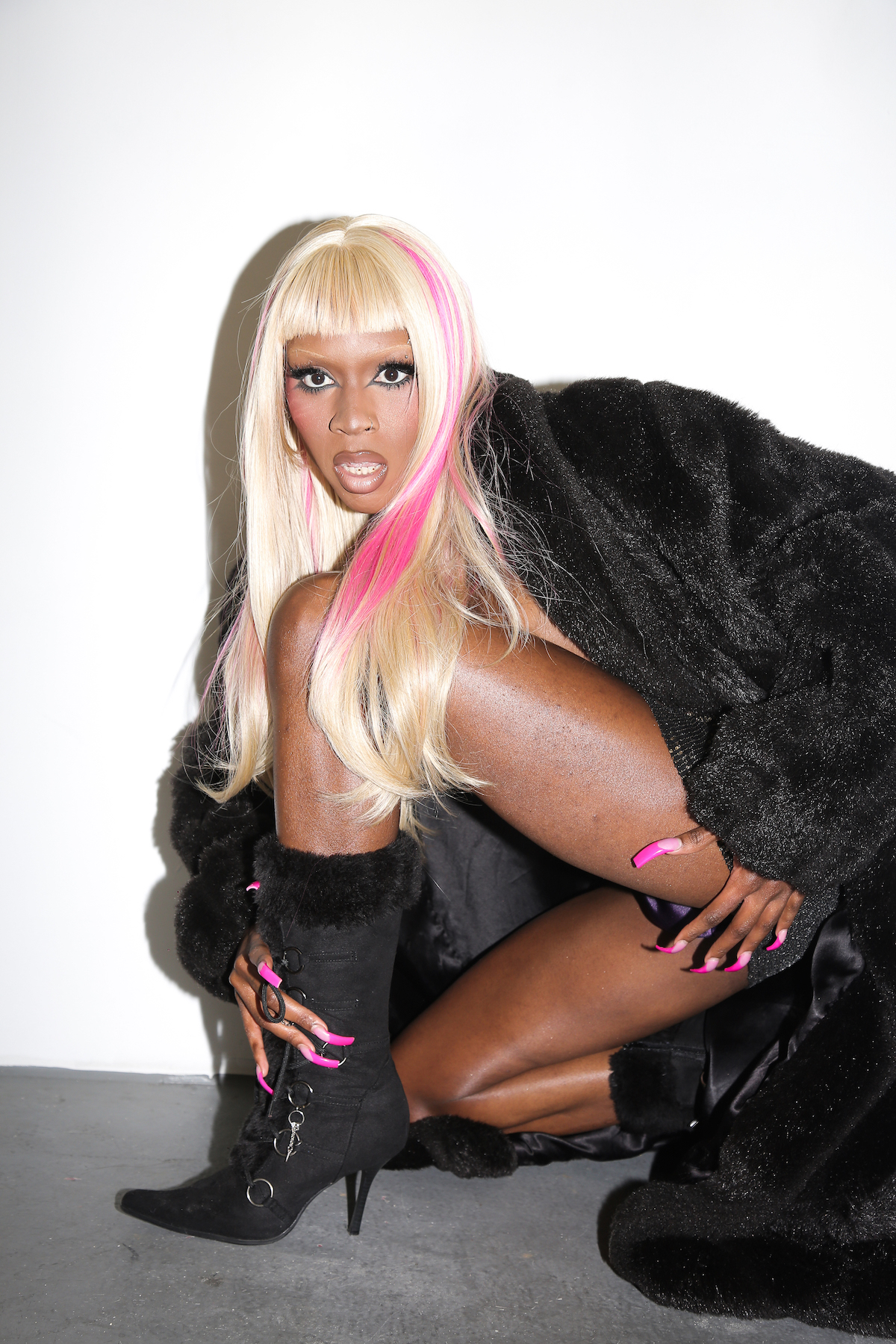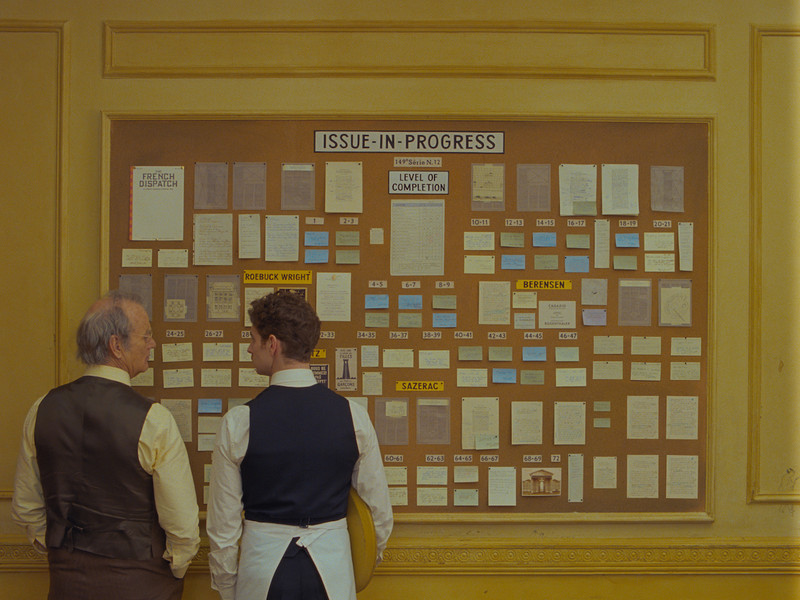WR— How has writing about your trauma affected how you perceive or process that trauma?
RF— It’s like an accordion. It ebbs and flows. Sometimes putting something into words can definitely make it feel analyzed. It’s there, I can look at it, I can say it in a sentence. But, just like I was saying, with emotions and anger-writing, tomorrow I might feel free of it, and today I might feel bogged down. I don’t think anyone is ever free of their trauma; I think it’s always living within them.
Writing it out definitely helped me get it out of my head. You’re in your own echo chamber. Even just my editor reading it, I felt very seen. In the most selfish way, the book is very much so for me. I needed to write that out, I needed somebody to listen to it, and be, like, "Yes, I see this shit, and this shit sucked."
WR— Looking at it on a page, were you able to see it as something separate from yourself? I feel it can be helpful to view trauma as not necessarily part of you, but something that happened to you.
RF— It definitely helps with that aspect. Seeing it as something that happened, versus stuff in your purse you have to lug around. It seems more processable, but tomorrow it might not feel that way.
WR— If the time since you finished writing the book in May 2022 was an added chapter, what would it be called?
RF— “HOLY SHIT!” If you follow me on Instagram you can see I’ve been going through a lot of changes. My photos I post without sweating too much about how my skin looks, I look less depressed. And, like, I’m getting married in June. I had known my current fiance for a long time, but for some reason, in the middle of this, I was like, "Yeah, I’ll go on a date." It was everything all at once, for me.
That was a very whirlwind situation. By January, I’m engaged, and then, you know, "Who the fuck knows what’s going on now?" Now we’re looking for another house! What’s going on? It’s definitely a "Holy Shit" moment.
Here’s one thing the book really brought me. I talk about not being defined by the men in my life, because that’s something that is consistently prescribed to women. It really irks me. There’s this piece I talk about, that I have no family. I have no one else. The people I’m closest to are the people I’m in the relationship with, so it’s hard not to tell stories or timestamp things with that.
WR— Those people become your family.
RF— Yeah, you anchor there. People will say that’s flawed, people will say that’s whatever, but everyone’s living differently.
WR— You can’t say that’s flawed. It’s your reality. Every single person’s reality is valid. You can still decenter men from your life, even when that is your case. You’ve done a good job of that in this book. I guess it is time stamped that way; you can measure time that way, and I think everyone kind of does. Our relationships define periods of our lives, right?
RF— With that, I want to say, through writing the book, it was the first time I realized this mathematical pattern with the types of men I’m dating, and what I’m doing. It’s whoever appears textbook safe, and got a job. Tattooed or not. But he’s got really repressed bullshit that he’s not working on. Then it’s like this other one is a fucking gangbanger. It’s a pendulum. At the end of the book, it’s almost a blessing that that relationship ended in such a poetic way on the book’s launch day. This pattern I’d been chewing on since June, that I realized when I finished the book, I could finally deconstruct. I needed to deconstruct my being and figure this out. I didn’t see it as a flaw, but I saw it as something that clearly was not bringing me joy. As far as titling this chapter, "Holy Shit!," I’ve really been fucking myself up trying to make myself go through all of that. What I’ve brought to the table in those situations — I’m not a victim — I was bringing in my baggage, as well.
WR— What else did writing this memoir teach you about yourself?
RF— I think I realized things I thought I was fine with, I really was not. Things that came out the most seething, and I had to edit down. Like the stuff with my mom’s family. I could’ve eviscerated them, and I did in the first version. But I had to come back to it and take all of that out, and make sure it wasn’t angry-lunatic-writing. I was in a headspace that they didn’t affect me, but obviously they did.
This is where I have compassion for myself. Obviously, I’m in a new serious relationship — I’m always in a serious relationship — so maybe that’s part of the pattern I’m willing to accept about myself. There’s parts of it I want to fight, and parts of it I actually enjoy. Sometimes things people deem as my flaws, I actually like myself.
WR— People are quick to pass judgements on people who fall in love a lot, or people who are in relationships a lot. I was just watching the Pamela Anderson doc, and she’s been married a ton of times. But is that actually a bad thing, to love to fall in love?
RF— Exactly. I’ve learned to have compassion for myself, and that I still have a lot of work to do. I’m not in my final form. It challenged my identity.
WR—Do you feel any less guarded after writing it?
RF— I don’t think I’ll ever be that person crying on Instagram, which is very vulnerable. I always give a beat before sharing. That isn’t representative of how I am in real life. In real life, if I have a feeling I’m talking about it before I’ve even thought it through. There’s still some fear in me about that.
